Building Vocabulary Worksheets for Ages 4-7
205 filtered results
-
From - To
Discover our engaging "Building Vocabulary Worksheets for Ages 4-7," designed to develop early literacy skills through interactive and enjoyable activities. Our worksheets not only introduce young learners to new words, but also enhance their understanding through fun exercises like matching, fill-in-the-blanks, and word searches. Perfect for classroom or at-home learning, these resources help children expand their vocabulary, improve reading comprehension, and foster a love for language. Each worksheet is crafted by educators and aligned with early learning standards to ensure an effective, age-appropriate learning experience. Start your child’s journey toward higher literacy today!
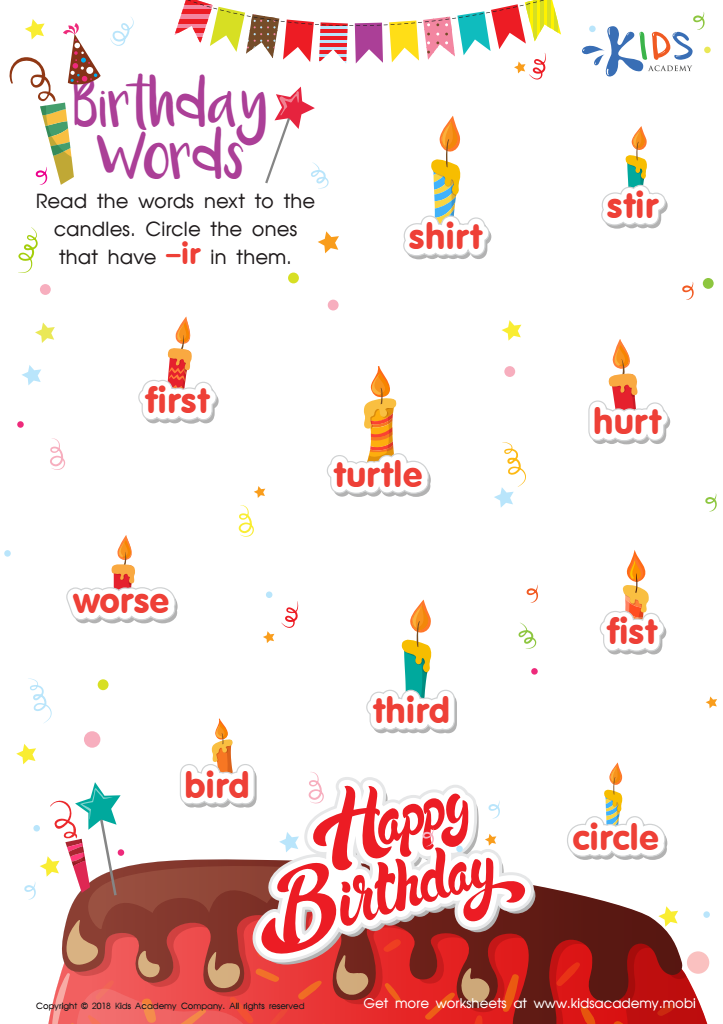

Birthday Words Worksheet
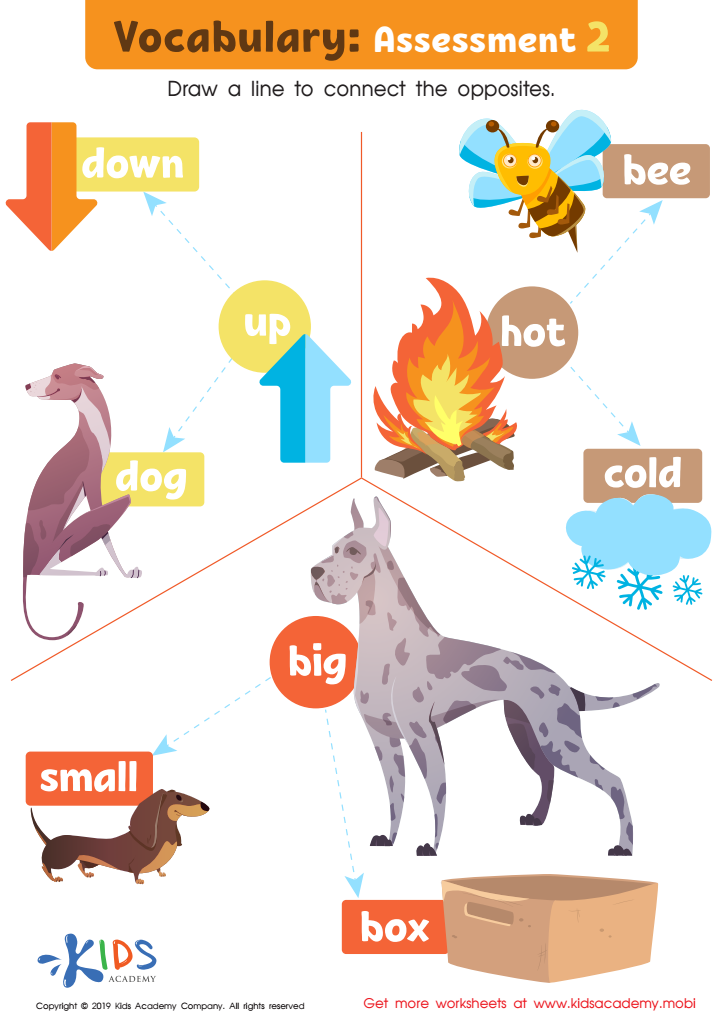

Vocabulary: Assessment 2 Worksheet
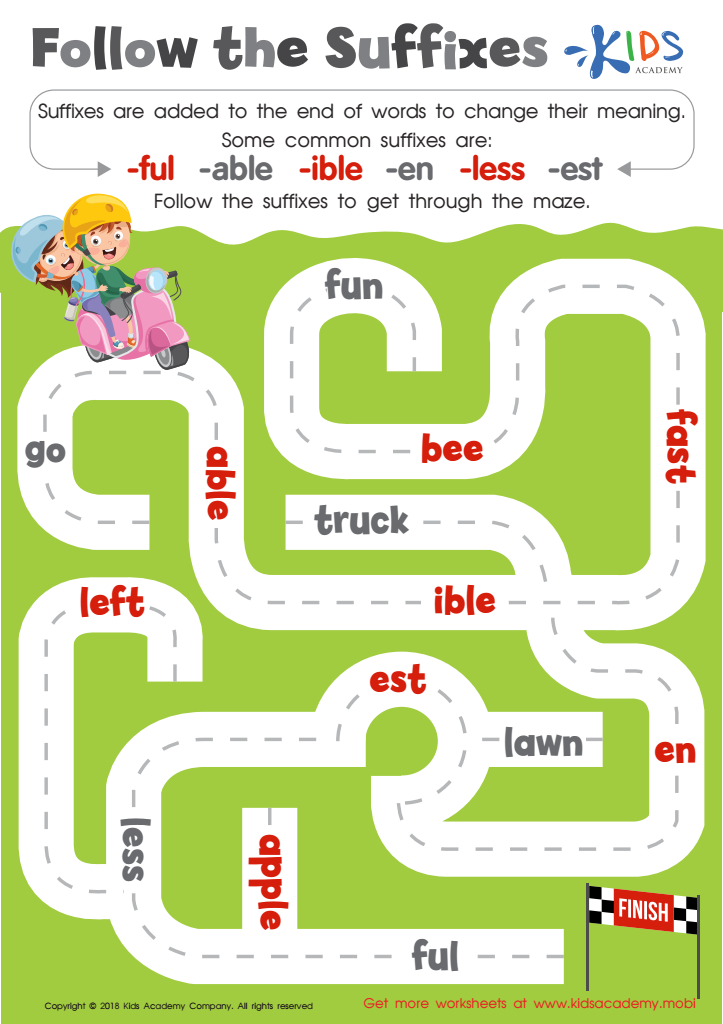

Reading: Follow the Suffixes Worksheet
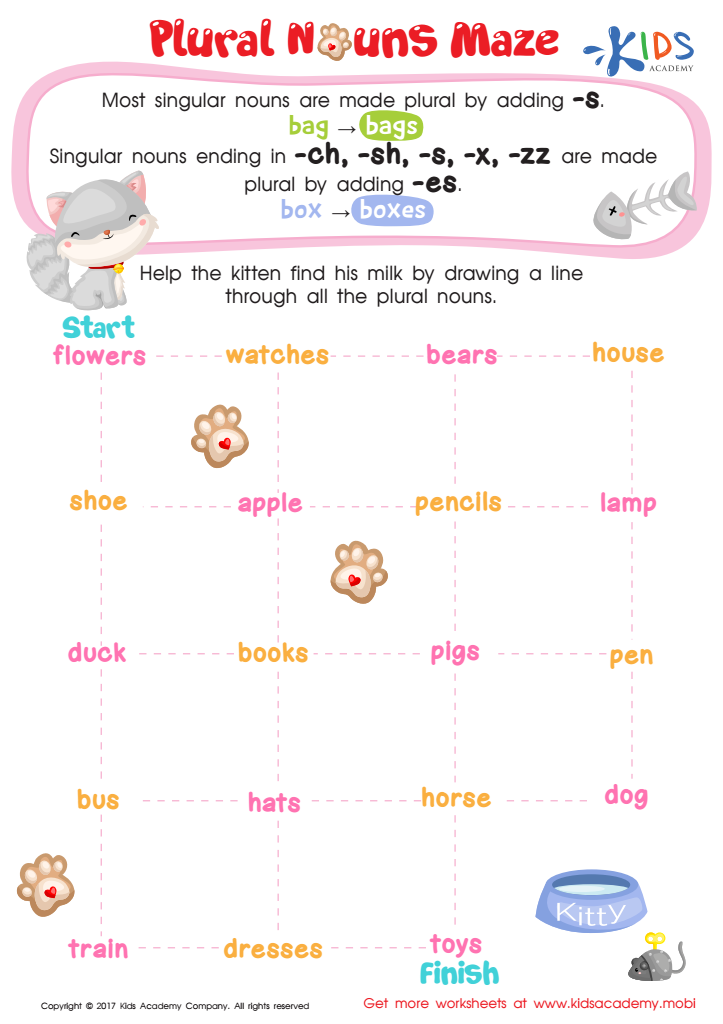

Plural Nouns Maze Worksheet
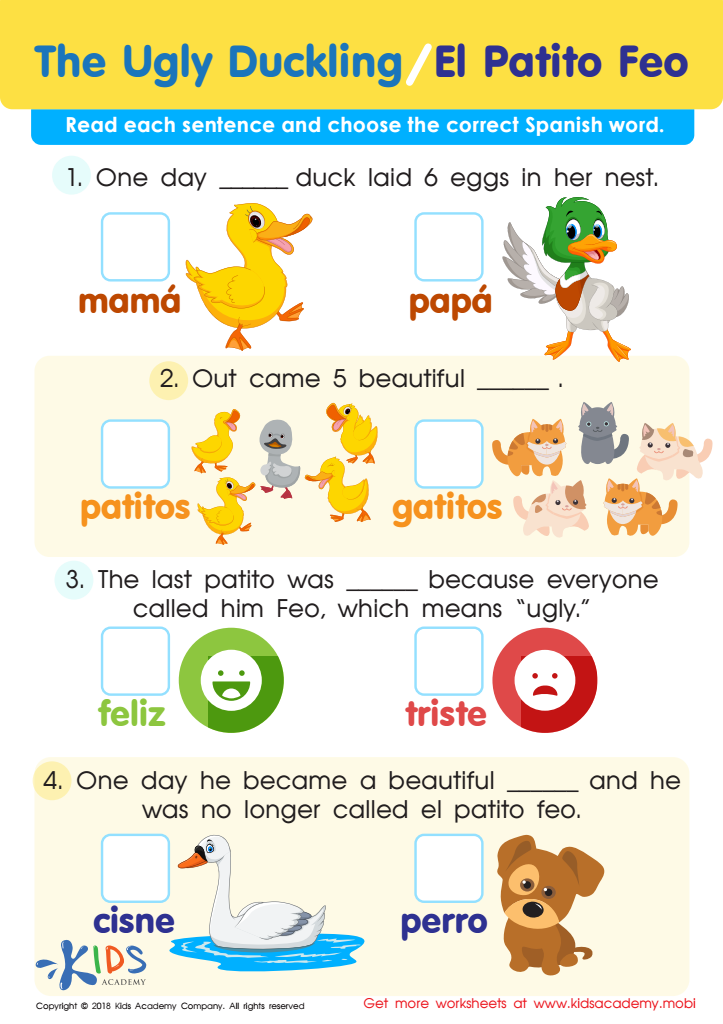

The Ugly Duckling / El Patito Feo Worksheet
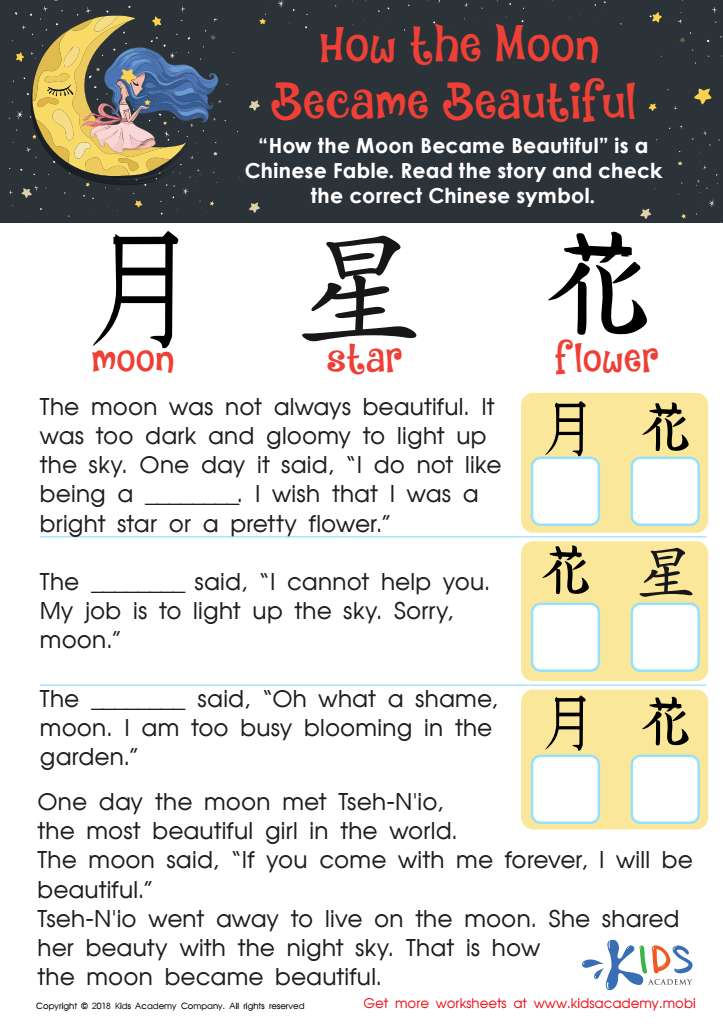

How the Moon Became Beautiful Worksheet
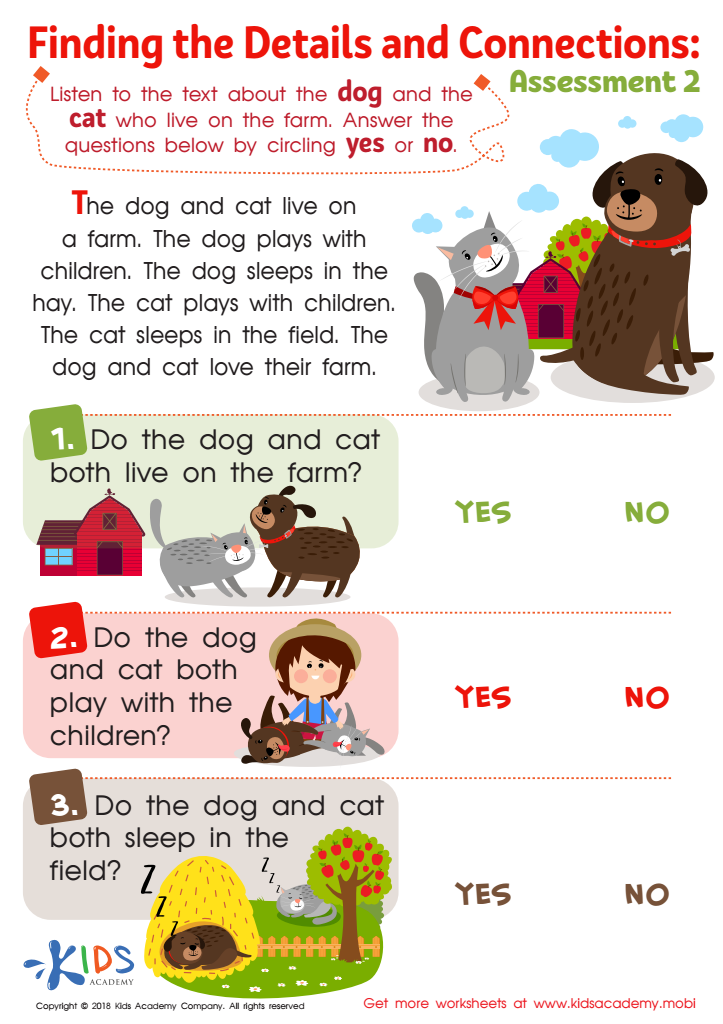

Finding the Details and Connections: Assessment 2 Worksheet
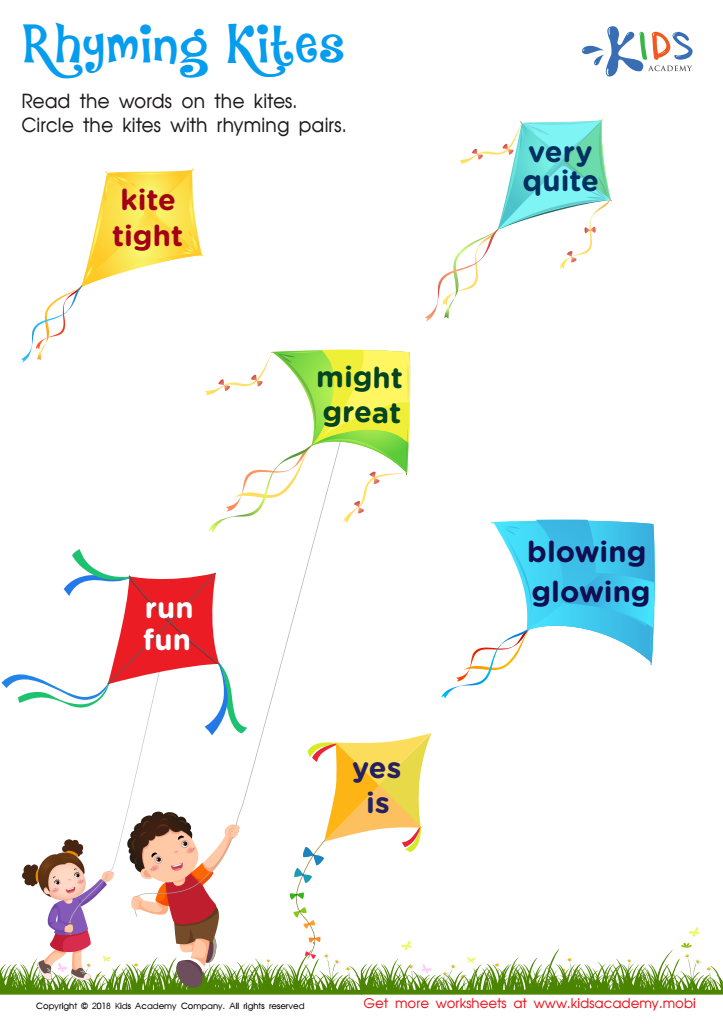

Rhyming Kites Worksheet
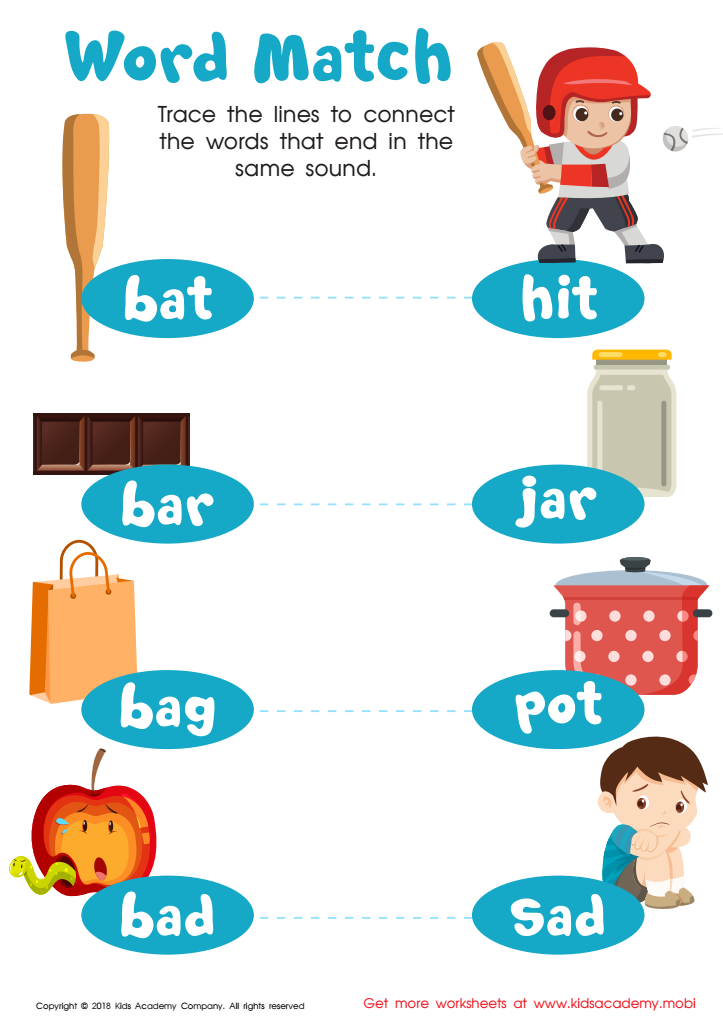

Word Match Reading Worksheet
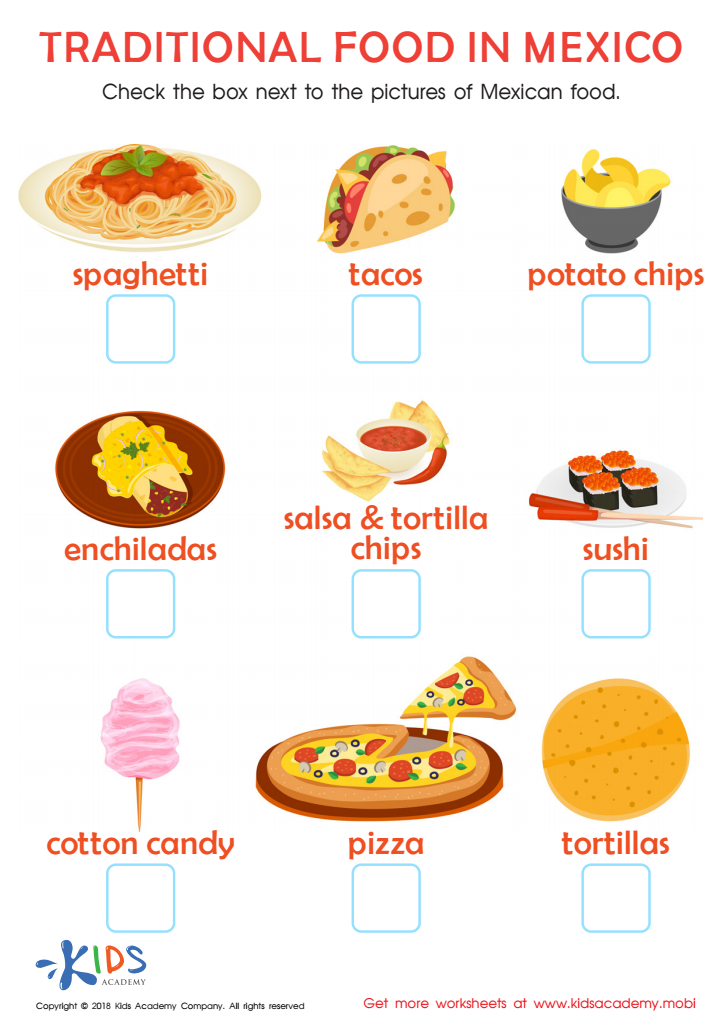

Traditional Food in Mexico Worksheet
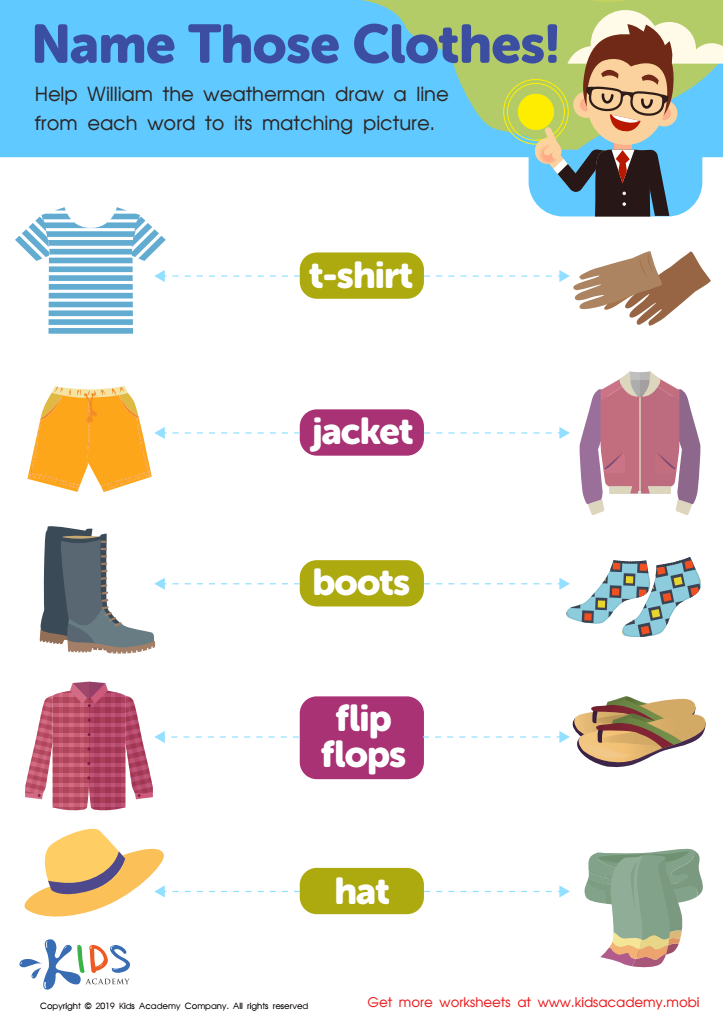

Name Those Clothes Worksheet
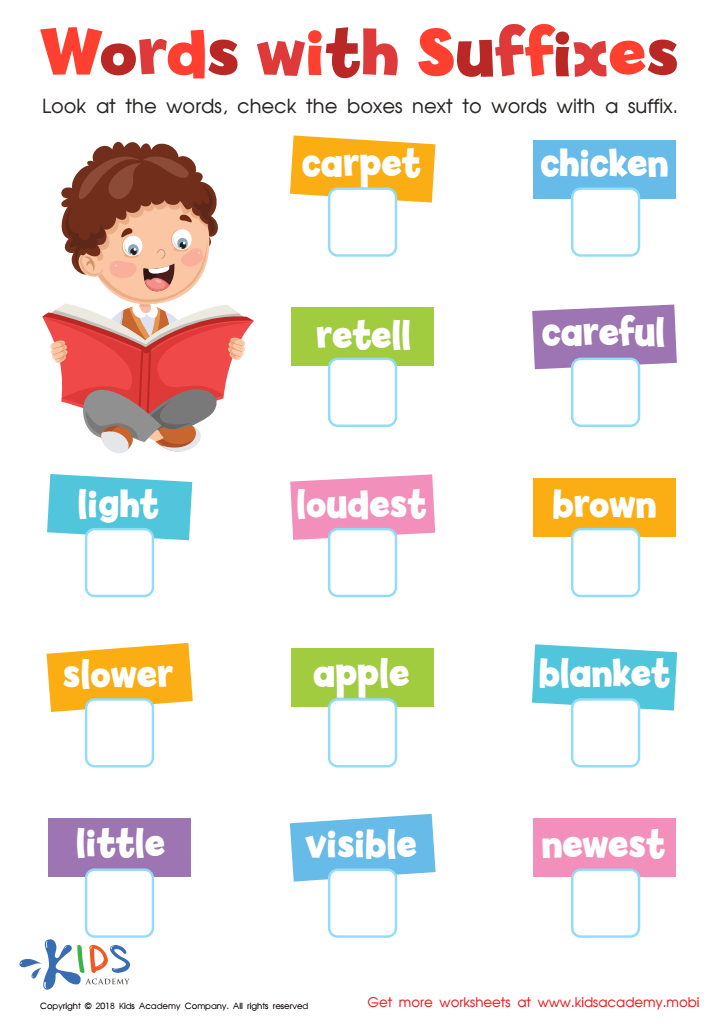

Reading: Words With Suffixes Worksheet
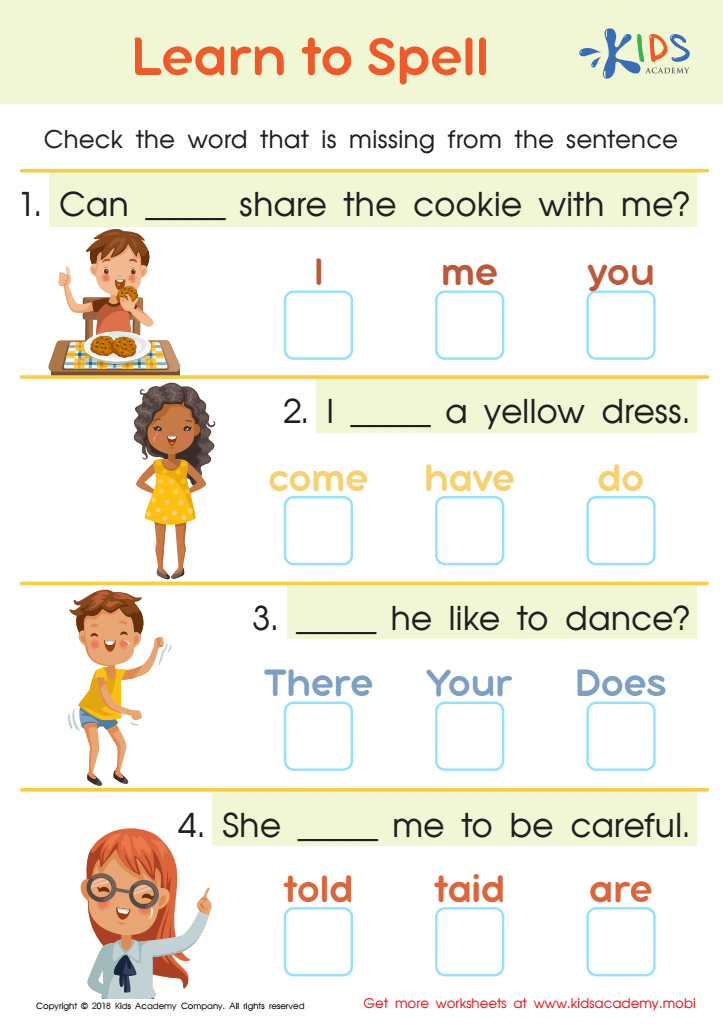

Learn to Spell Worksheet
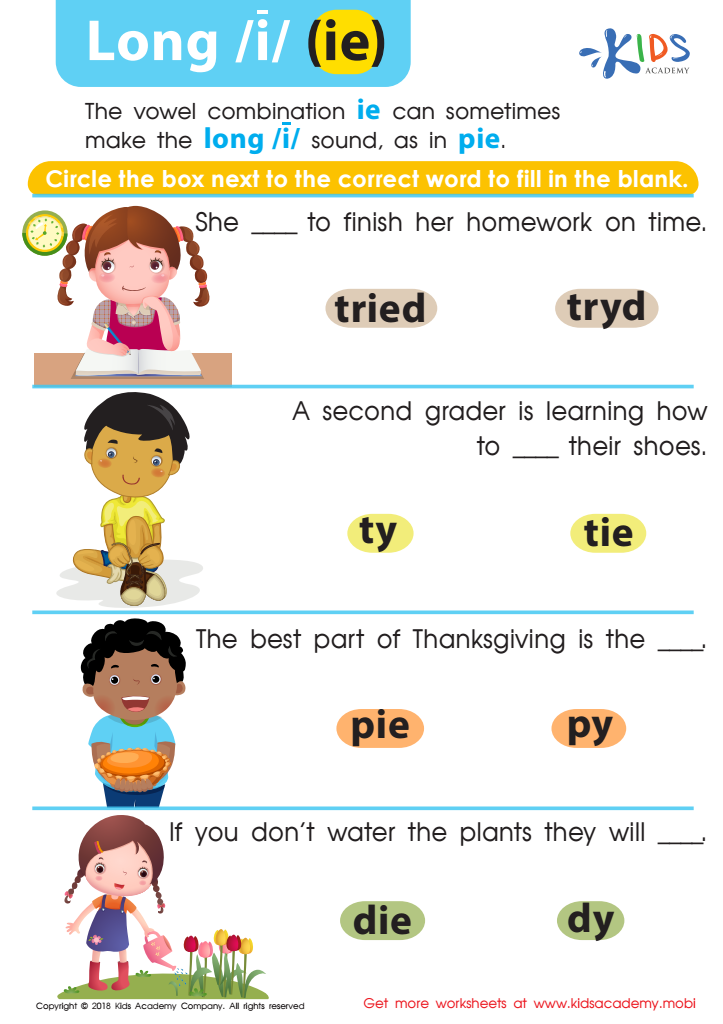

Reading: Long I and IE Worksheet
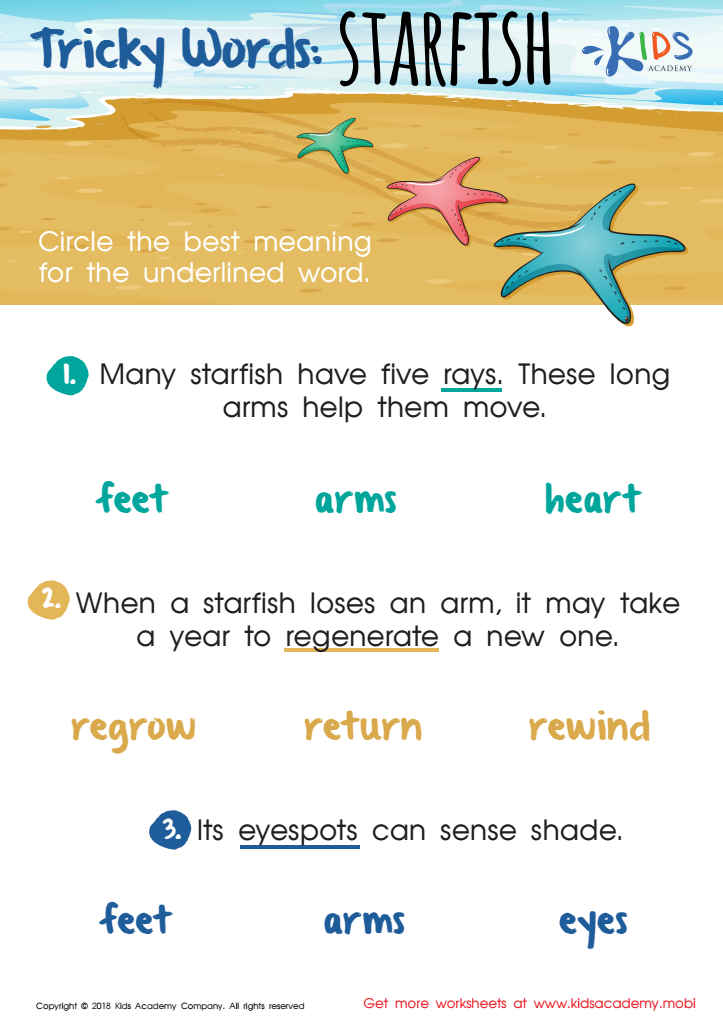

Tricky Words: Starfish Worksheet
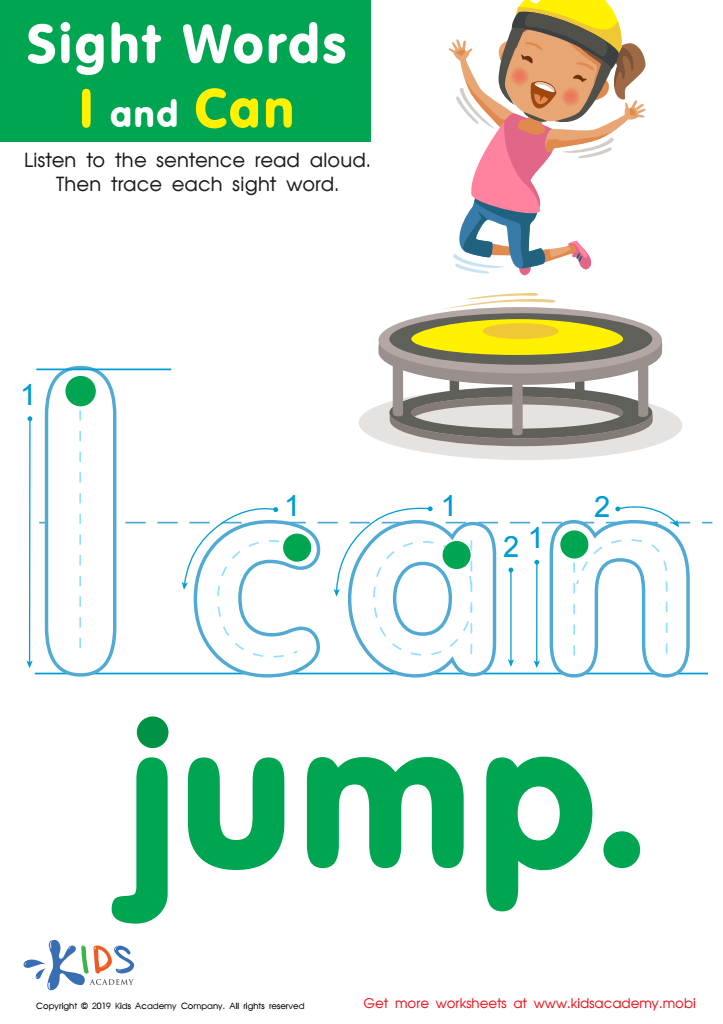

Sight Words I Can Worksheet
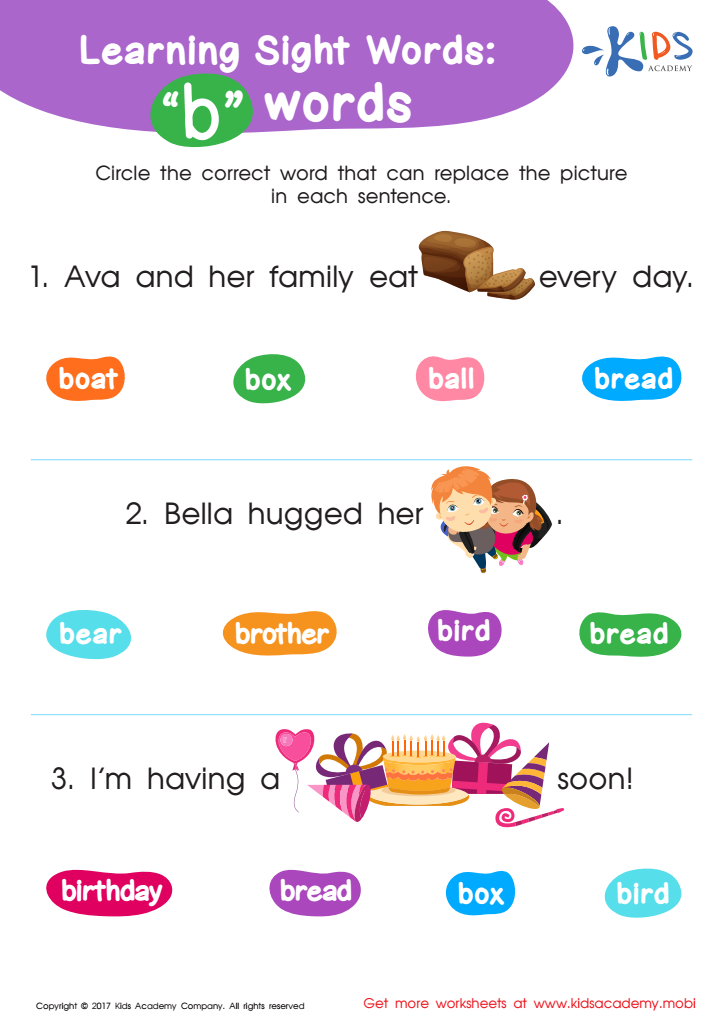

Sight Words Free Worksheet – B Words
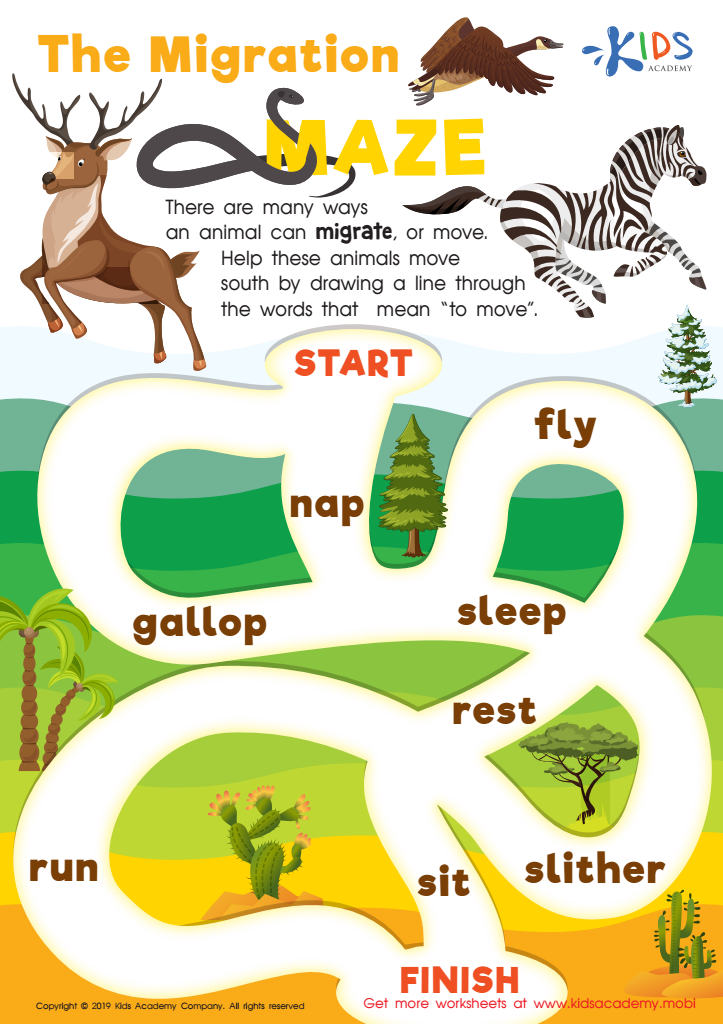

The Migration Maze Worksheet
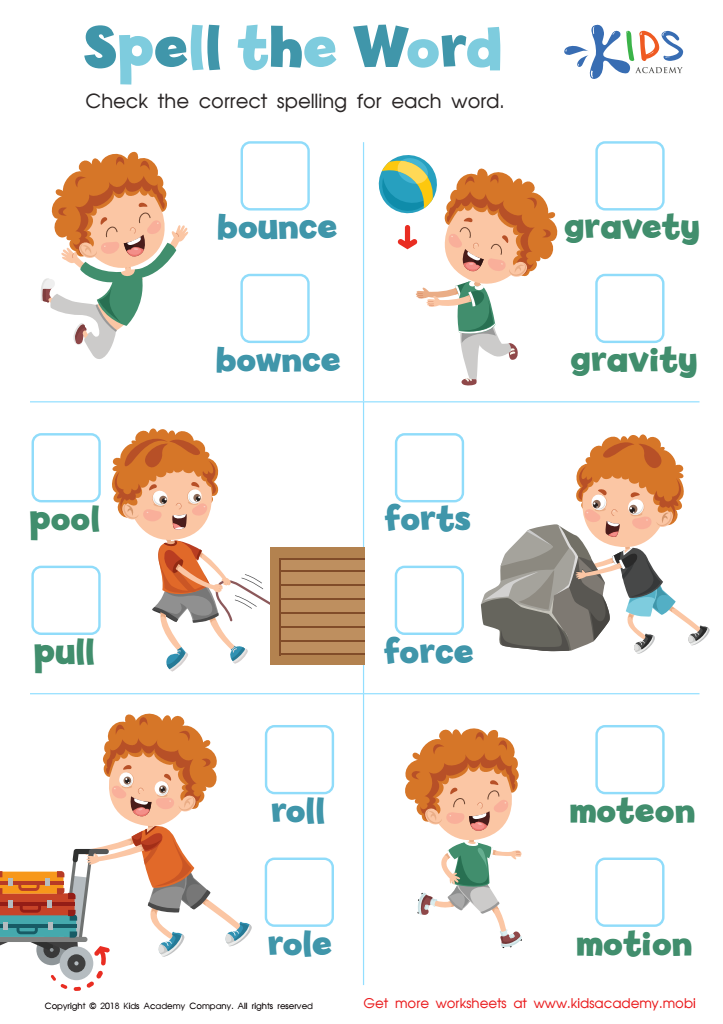

Spell the Word Worksheet
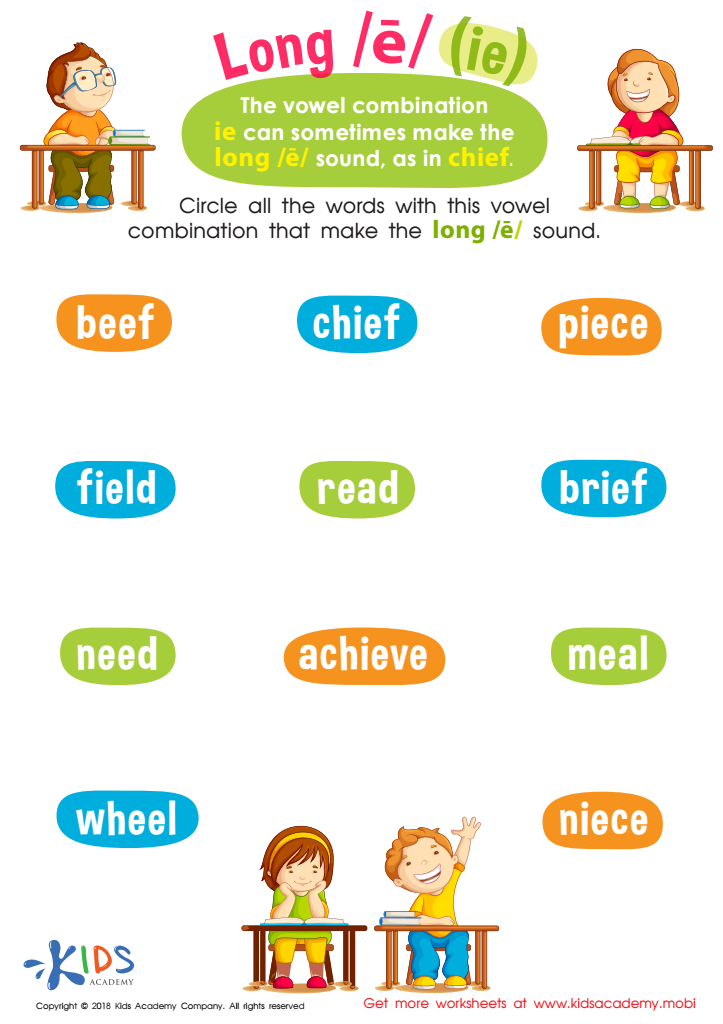

Reading: Long E and IE Worksheet
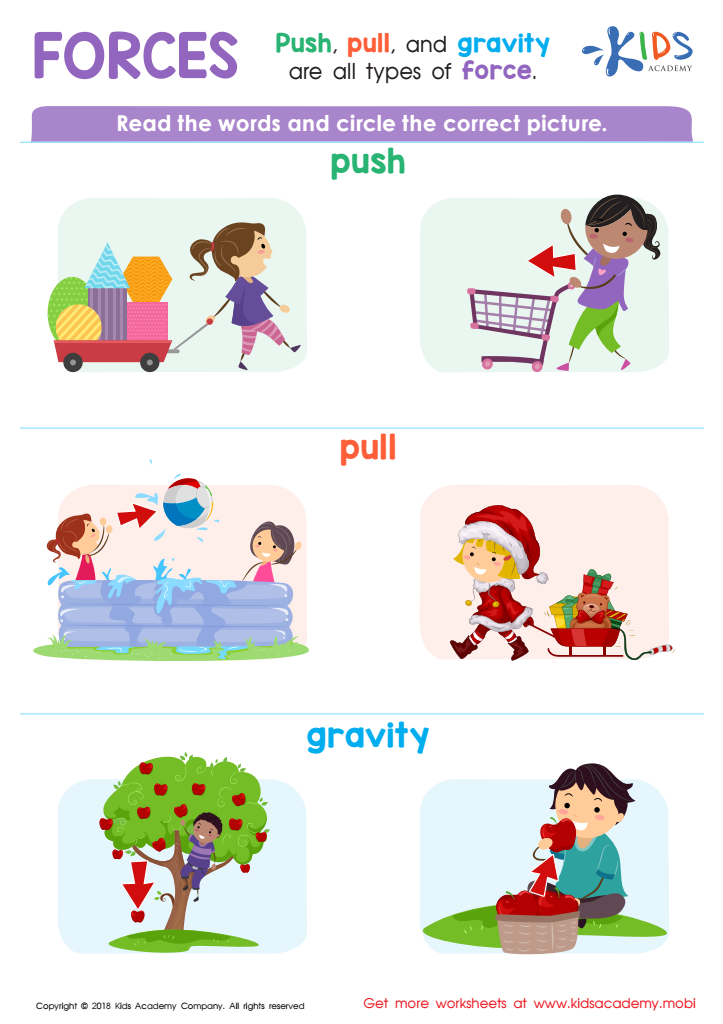

Forces Worksheet
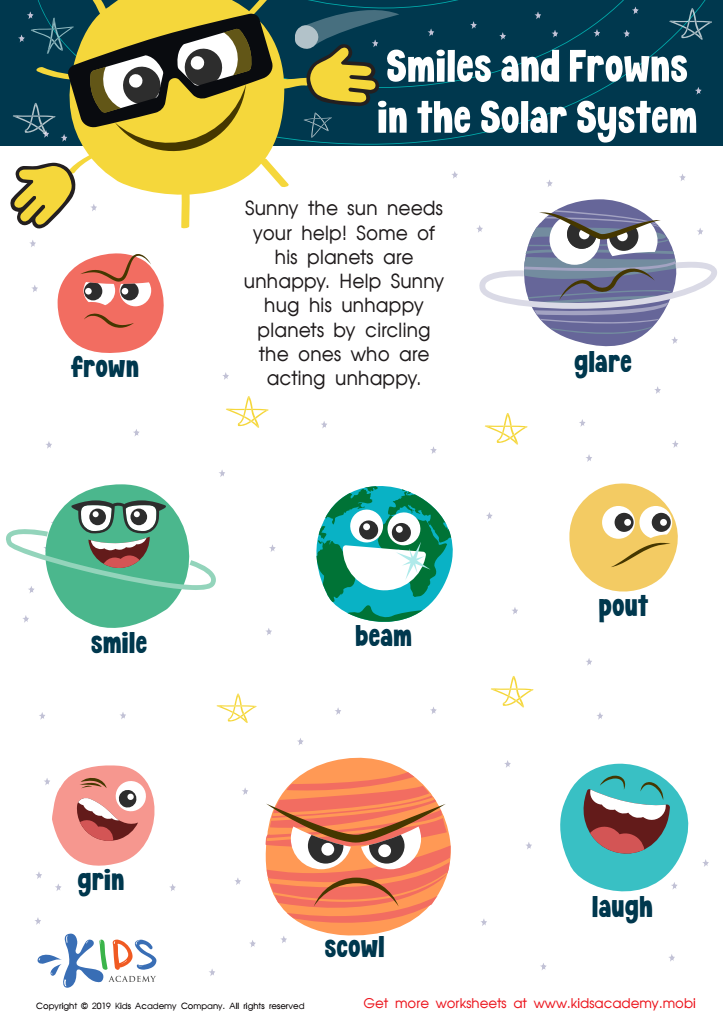

Smile and Frowns in the Solar System Worksheet


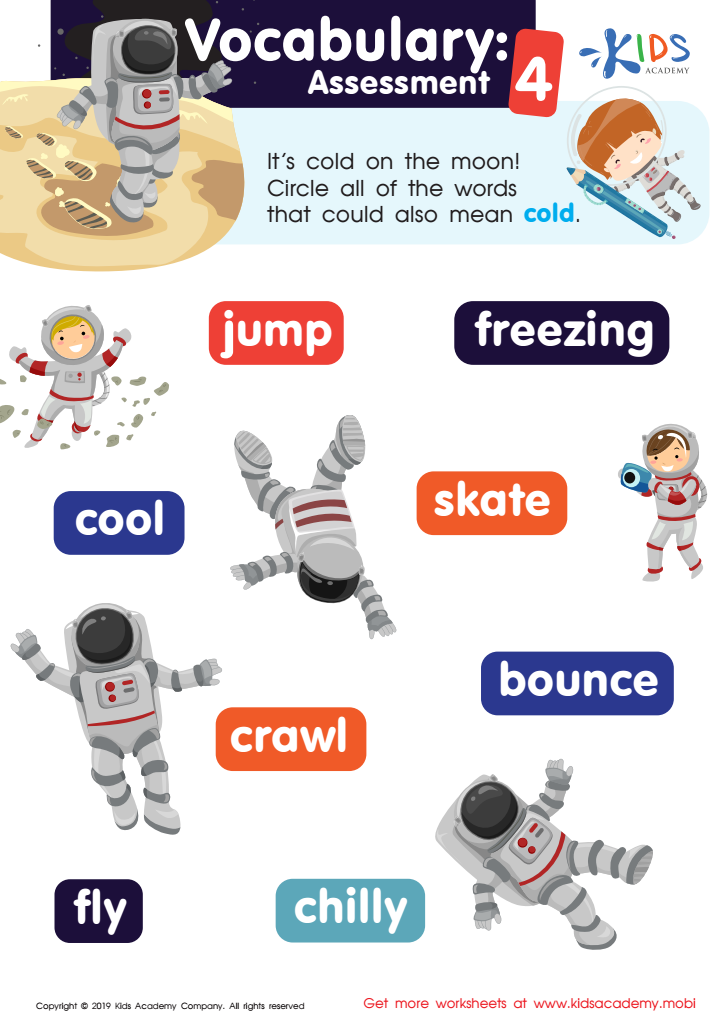

Vocabulary: Assessment 4 Worksheet
Building vocabulary for children aged 4-7 is crucial as it lays the foundation for their future academic success and overall communication skills. At this young age, children's brains are incredibly receptive to learning new words and concepts. A rich vocabulary enables them to express their thoughts, feelings, and experiences more clearly, fostering better relationships with peers and adults.
For children entering school, vocabulary is a key component of reading comprehension. The more words they know, the easier it is for them to understand what they read, which, in turn, promotes a love of reading. This early literacy sets a trajectory for academic achievement across all subjects as they progress through their schooling.
Additionally, a strong vocabulary boosts cognitive development. It enhances critical thinking skills, enabling children to categorize and make connections between different ideas. This supports problem-solving and decision-making early on.
Finally, building vocabulary helps children gain confidence. When they can communicate effectively, they are more likely to engage actively in classroom discussions and social interactions. By investing in vocabulary development at a young age, parents and teachers ensure that children gain a lifelong advantage in both their educational journey and their social milieu. These essential skills not only support academic prowess but also underpin their overall personal development.
 Assign to My Students
Assign to My Students















